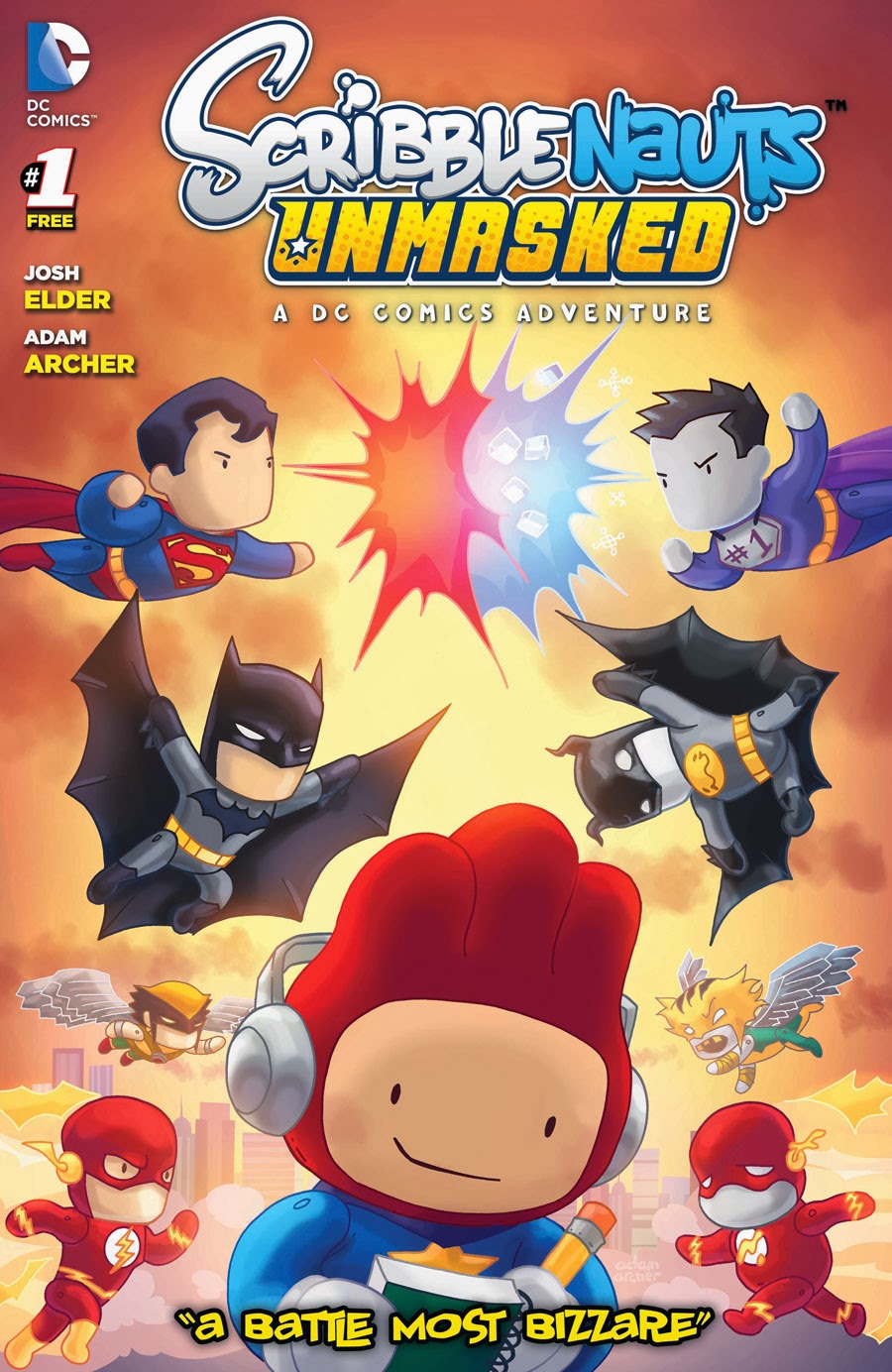I've heard that everybody who comes into contact with Harlan Ellison has a story to tell about him. Ellison is a writer and storyteller whose greatest strengths are the short story and the essay. He has written in pretty much every form and genre, from film scripts to television shows to radio drama to comic books, nonfiction including journalism and criticism, stories and novels that range from science fiction to westerns to romance and crime stories to rock and roll. He has traveled the world as
a speaker and storyteller. A while back I wrote a short essay about his stories, called "Shelfscapes," It's about how some of Ellison's stories had affected me, quite profoundly--particularly
"On the Downhill Side" from
Deathbird Stories. My essay appears in the book
The Folklore Muse: Poetry, Fiction, and Other Reflections by Folklorists,
edited by Frank DeCaro.
Here's my Harlan Ellison story.
I wanted to make a movie. I had moved to Bloomington, Indiana, to study folklore. I met lots of guys who liked movies, and we talked about making movies all the time. I got sick of talking about it and decided to make one.
To understand this decision, you have to know that I never finished my film degree. In college, I discovered that I wanted to make movies, but soon learned that I was no good at it. I couldn't light a shot to save my life. I could compose shots pretty well, but that was it. For me, it wasn't good enough. I decided to focus on writing, so I wound up with dual majors in English and Communications.
With no real producing skills, I decided to produce a short film. I put together a crew of people I knew--a director, a sound editor, an electrician, cinematographer, and the like. I even got my friend
Mike Judd to fly out from Los Angeles to do the camera work. I knew that, to show these guys I was sincere in my efforts, I had to make some sort of gesture. I decided to buy the rights to a short story.
I wanted to make a movie of one of my favorite stories, Ellison's "
Grail," which was collected in the volume
Stalking the Nightmare. A glance at that story would show anybody that it's impossible to make into a movie without a considerable budget. I had no budget, so I picked "The Cheese Stands Alone" from the same collection. The two stories explore some of the same themes. "The Cheese Stands Alone" has limited settings, few characters. It seemed producible on my budget. And it's set in a bookstore.
I wrote to Harlan Ellison to ask if he'd sell me the rights. A couple of weeks later, he called my house. Turns out I had mentioned that I had already written a script. He called because that wasn't kosher, not without the rights. But it was no big deal, what with my offer to buy them, so he sold me the film rights for fifty bucks.
He said he wanted to see the script before we shot it. I sent it to him, and a few days later I received another phone call at one thirty in the morning. And I got yelled at by my favorite writer. He said the script was no good. At the end of that conversation, during which I was mostly silent, Harlan said, "There's no way I'm going to let you make a movie out of my story. Call me back tomorrow."
I had no idea what to do. I called Mike, and he calmed me down a bit. The next day, I called Harlan back.
We talked for nearly two hours. Turns out, Harlan hadn't really hated the script. Instead, he thought it was necessary to give me a shock. He wanted to upset me. He told me that I wound understand why he'd called so late and yelled at me in about eight years. And then he proceeded to go through my script, page by page, line by line, and talk to me about what to do and why with a movie script. He asked me why I'd made certain choices, and then critiqued me based on my answers. He offered suggestions and forced me to examine my own writing in a new way, more thoroughly than I'd ever done before. He gave me the single greatest education in writing that I have ever gotten.














































